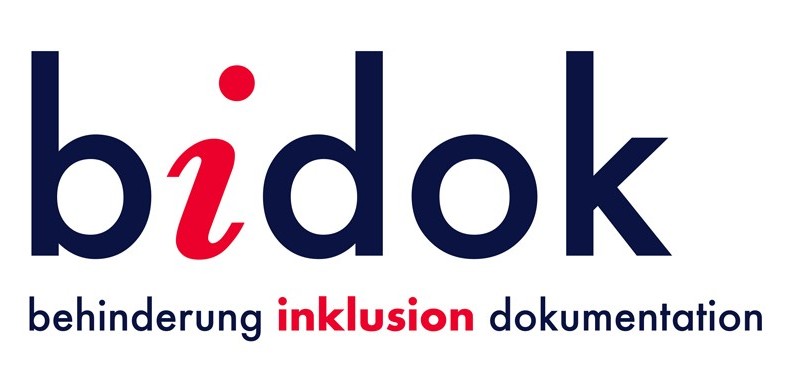In Kooperation mit
und bidokbib, der barrierefreien digitalen Bibliothek von bidok
bidok
Beitrag einreichen
ausgaben
Durchblättern
2025
2024
Nr. 5 („Deprofessionalisierung")
Nr. 4 („Inklusive Arbeitswelten")
Nr. 3 („Partizipation von Schüler*innen an Schulleben, Unterricht und Schulentwicklung")
Nr. 2 (Körper und Raum im Kontext von Bildung)
2023
Nr. 4 (Partizipationsprozesse in Hochschulprojekten)
Nr. 2 (Inklusive Fachdidaktik )
Nr. 1 (Intersektionalität und Inklusive Pädagogik)
2022
Nr. 3 (Zur politischen Dimension der Inklusionsforschung)
Nr. 2 (Gerechter inklusiver Unterricht?)
Nr. 1 (Schule – Familie – Inklusion)
2021
Nr. 2 (Inklusion und Fachunterricht)
2020
Nr. 2 (Anerkennung und Beziehungen. Didaktische Umsetzungen)
Nr. 1 (Anerkennung in Beziehungen. Didaktische Perspektiven)
2019
Nr. 4 (Inklusion an Hochschulen)
Nr. 2 (Norm, Behinderung, Gerechtigkeit)
Nr. 1 (Nachwuchswissenschaftler_innen)
2018
2017
Nr. 3 (Fachdidaktische Perspektiven)
Nr. 2 (Schulische Inklusion im deutschsprachigen Raum II)
2016
Nr. 4
Nr. 3 ( Inklusion und Sport)
Nr. 2 ( Schulische Inklusion im deutschsprachigen Raum I)
Nr. 1 (Inklusion im internationalen Kontext)
2015
Nr. 4 (Methodische und methodologische Überlegungen)
Nr. 3 (Inklusion im kulturellen Kontext)
Nr. 2 (Ableism: Behinderung und Befähigung im Bildungswesen)
Nr. 1
2014
Nr. 4 (Kunst, Kultur und Inklusion)
Nr. 3 (Inklusion und sexuelle Vielfalt)
Nr. 1-2 (Hochschule)
2013
Nr. 4
Nr. 3 (Arbeit (beruflicher Übergang) und Inklusion)
Nr. 2 (Index für Inklusion)
Nr. 1 (Begriff Inklusion 2)
2012
Nr. 4 (Begriff Inklusion)
Nr. 3 (Diagnostik und Didaktik in heterogenen Lerngruppen)
Nr. 1-2 (Inklusion und Didaktik)
2011
Nr. 4 (Strukturwandel)
Nr. 3 (Ausbildung)
Nr. 2 (Umsetzung der UN-Konvention)
Nr. 1 (Gender)
2010
Nr. 4 (Armut)
Nr. 3 (Inklusive Elementarpädagogik)
Nr. 2 (Internationale Perspektiven auf Inklusion)
Nr. 1 (Lebenswelten von Erwachsenen)
